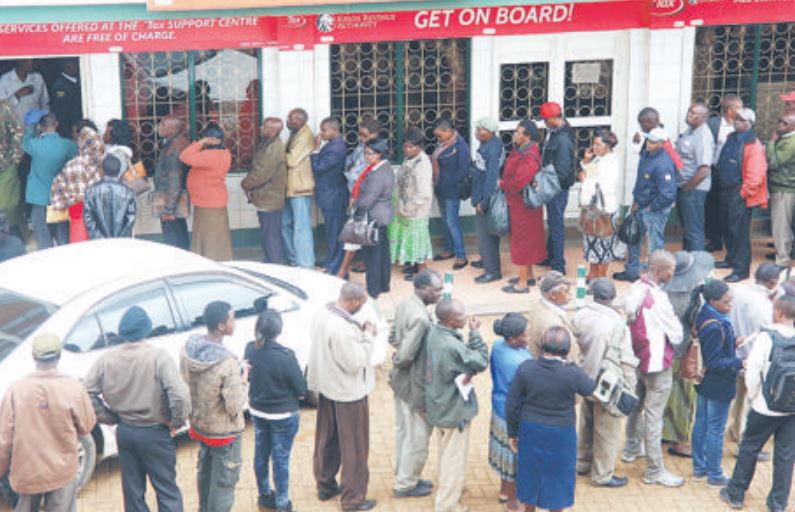×
The Standard e-Paper
Smart Minds Choose Us

For more than five years, the Auditor General Edward Ouko has been pointing out grey areas in how taxpayer's money is spent by government agencies.
Although runaway corruption has become the norm over the past few years, the Sunday Standard has compiled, from Ouko's report, the total amount of money suspected to have been lost to corruption over the years.